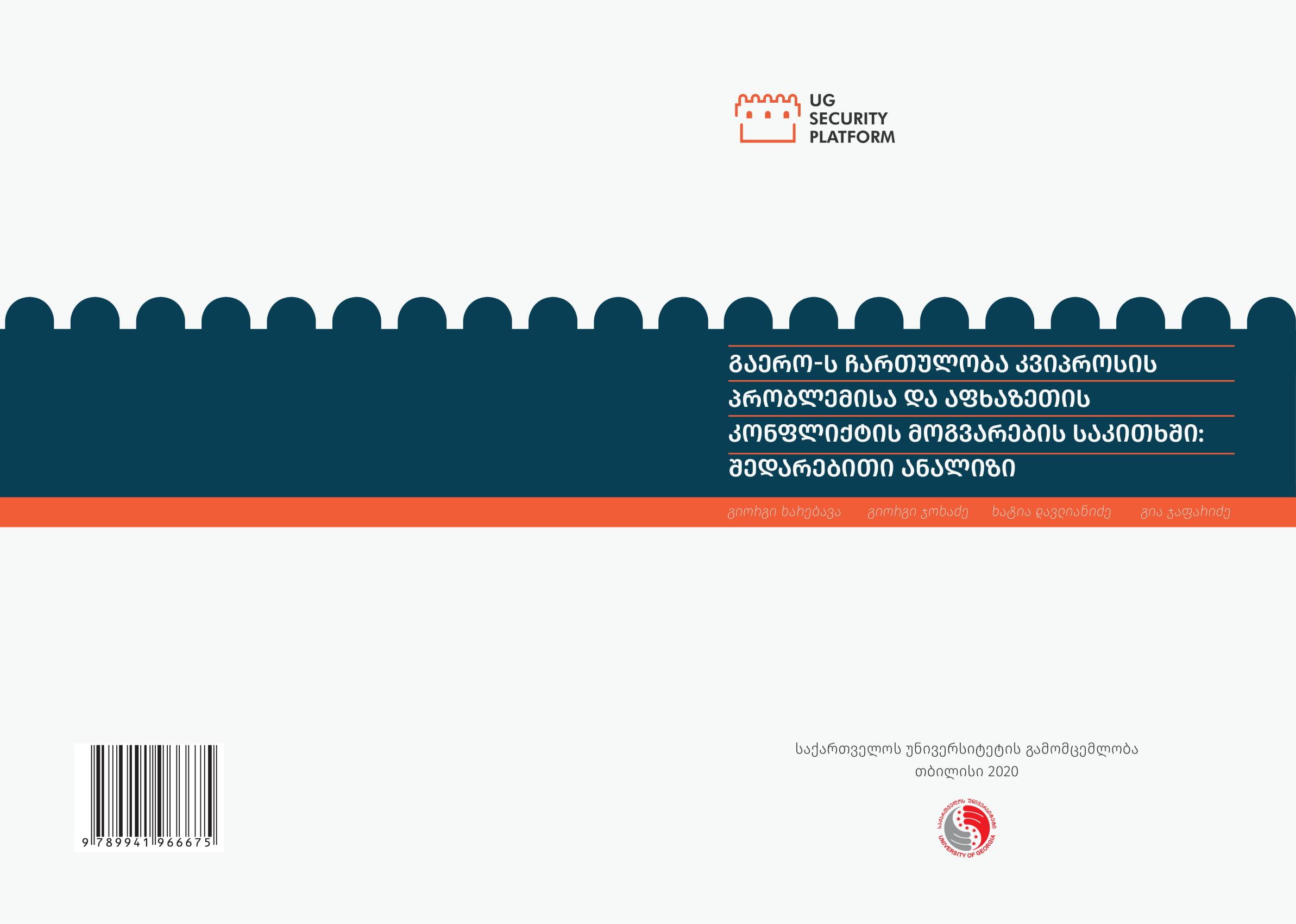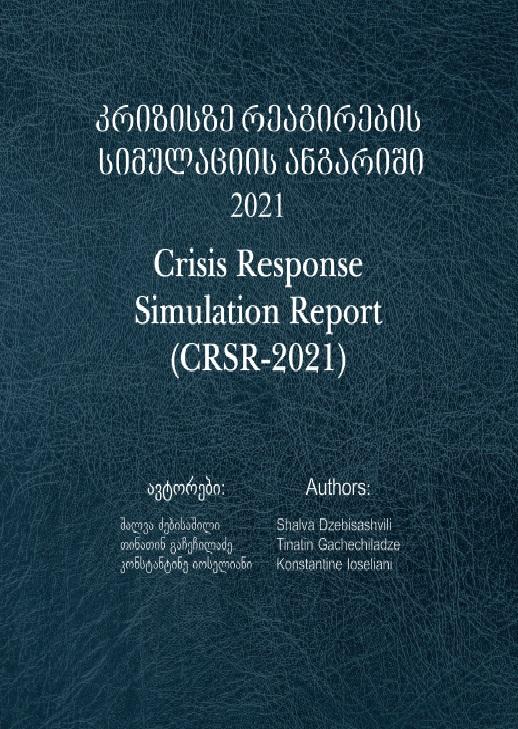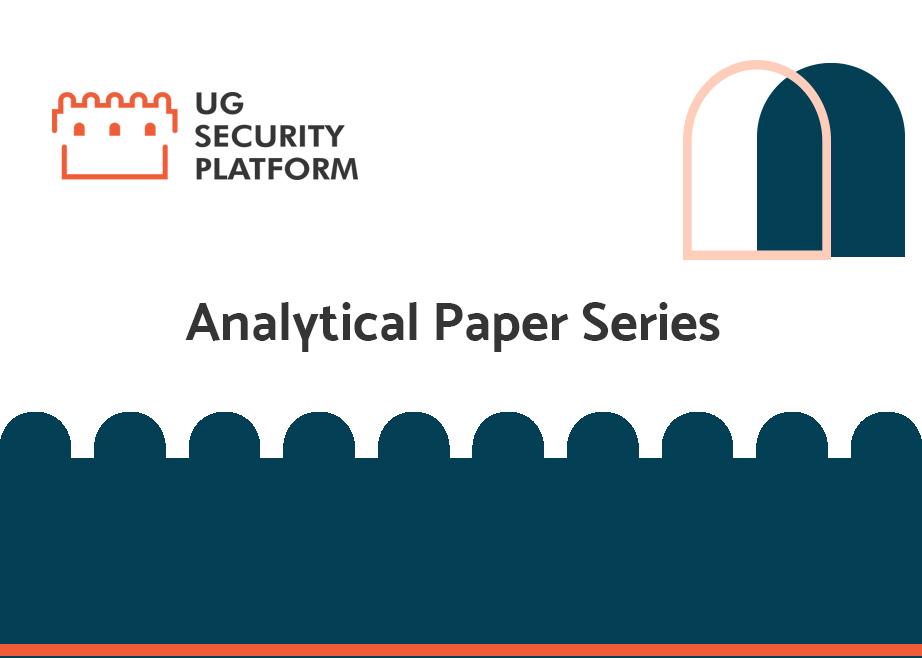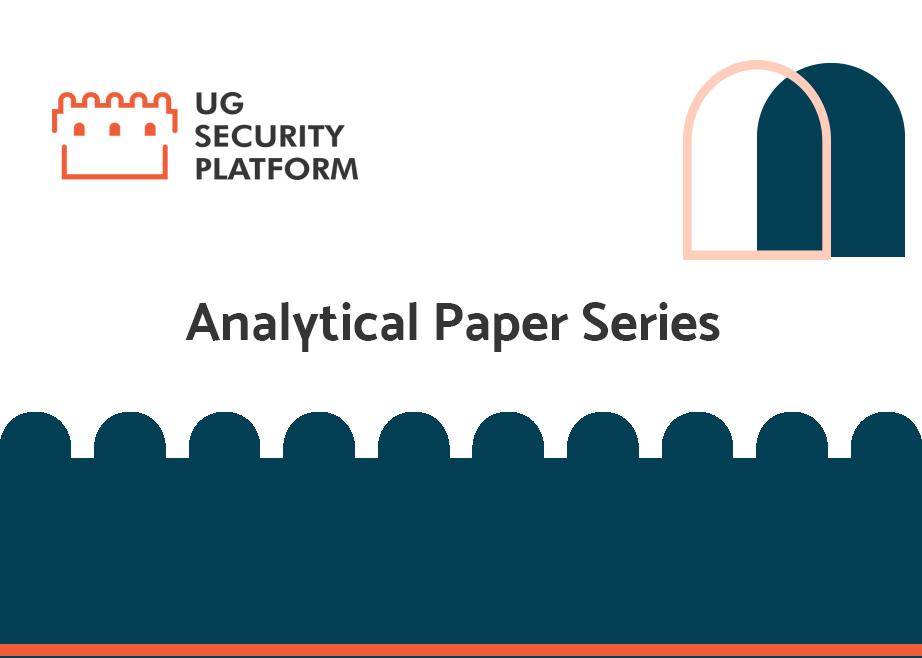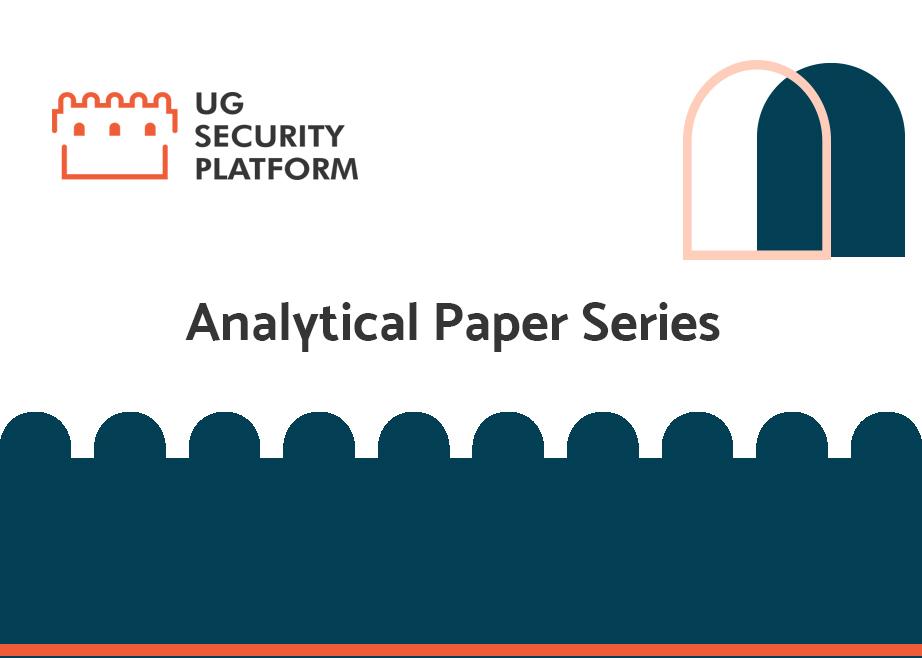Gia (Gaioz) Japaridze
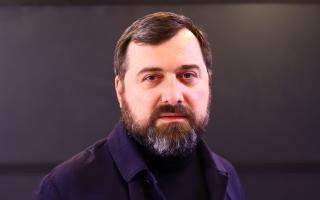
Professor at the International Relations and Political Sciences Department
The University of Georgia (UG)
One page BIOGaioz Japaridze is a former Georgian Diplomat. Current professor at the University of Georgia’s Department of International Relations and Political Science of the School of Social Sciences; Former Senior Fellow at GRASS (Georgia's Reforms Associates); Senior Fellow at GSAC (Georgian Strategoc Analysis Center) and Ilia Chavchavadze Center for European Studies and Studies and Civic Education. He also teaches in Georgian Politics and Governance at Georgian Institute of Public Affairs (GIPA) and Caucasus University (CU).
As a former Diplomat, Japaridze represented the Ministry of Foreign Affairs of Georgia in numerous capacities during a distinguished career: Consular officer and Counselor of the Embassy of Georgia to the Hellenic Republic; Counselor, Department of European Affairs, Division of Balkan States; Charge d’Affaires and Deputy Chief of Mission of the Embassy of Georgia to the Republic of Portugal; Charge d’Affaires and Head of the Diplomatic Mission of Embassy of Georgia to the Republic of Cyprus. Japaridze attended Tbilisi State University (graduating in 1996) and the University of Athens, Athens, Greece (graduating in 2007). His formal studies include: classical philology, international relations, political theory, international law, European integration and United States foreign policy.
Dr. Shalva Dzebisashvili

Associate Professor and the head of the Political Science and International Relations Program
The University of Georgia (UG)
received a doctoral fellowship (GEM) from the European Commission in September 2012, successfully defended his thesis and was awarded the doctoral degree with Summa Cum Laude at the Institute for European Studies (IEE-ULB, Brussels) in January 2016. In 2008–09 he successfully completed an M.A. course in Strategic Security Studies at the NDU (Washington D.C.) and consequently took over the position of Senior Civilian Representative of Georgian MOD (Defense Advisor) to the Georgian Mission to NATO. From 2003 - to 2012 and from 2016 - to 2019 he served at various senior defense policy and planning related positions at the Georgian Ministry of Defense. In October 2017 he assumed the capacity of a program manager for developing courses on Strategic Policy and Planning, and Public Policy and Reporting at the Defense Institution Building School (DIBS). He is an associate professor and the head of the Political Science and International Relations Program at the University of Georgia. Dr. Dzebisashvili is a member of various Georgian non-governmental organizations and think-tanks such as the Civil Council on Defense and Security (CCDS) and the Georgian Strategic Analysis Center (GSAC), and author of multiple academic publications and articles.
Crisis Response Simulation Report (CRSR -2021)
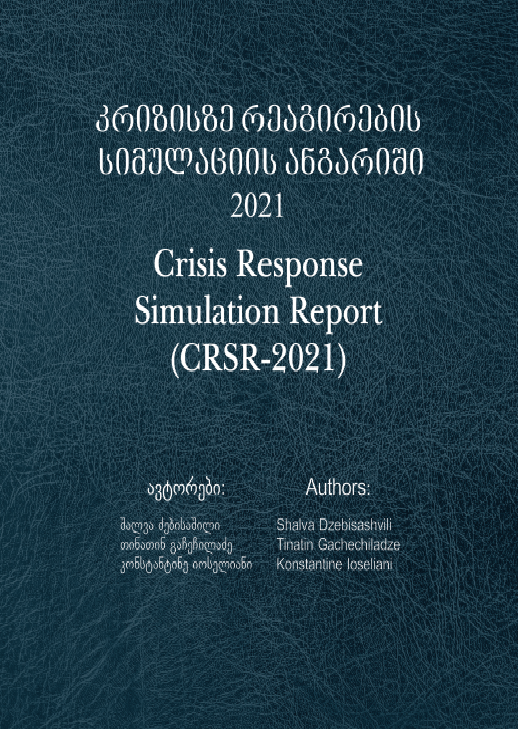
This report reflects the results of a practical training and simulation course, "Crisis Simulation and Response 2021", held by the University of Georgia, using a specific scenario for simulating a crisis situation; it is a first attempt by an academic institution in Georgia to reflect the results of such exercise. Although the essence of a simulation is to imitate a scenario, simulations with a wide focus, as the one conducted by the University of Georgia, contribute significantly to gaining a better understanding of the threats facing the country and increase societal awareness about them; they also help identify the main challenges and problems that the Georgian state and various state agencies may face in a crisis situation. The results of the simulation, outlined in detail in this document, describe how the threats facing Georgia could potentially play out and identify the potential challenges that state structures would face. In order to assess the effectiveness of crisis response mechanisms in different areas, one must first identify shortcomings and gaps in their application (normative-procedural and competence-related). Respectively, this report also reflects a formalized list of recommendations to address shortcomings identified during the simulation, making the report useful not only for relevant state agencies but also for the wider public and for national security experts.
Gela Merabishvili
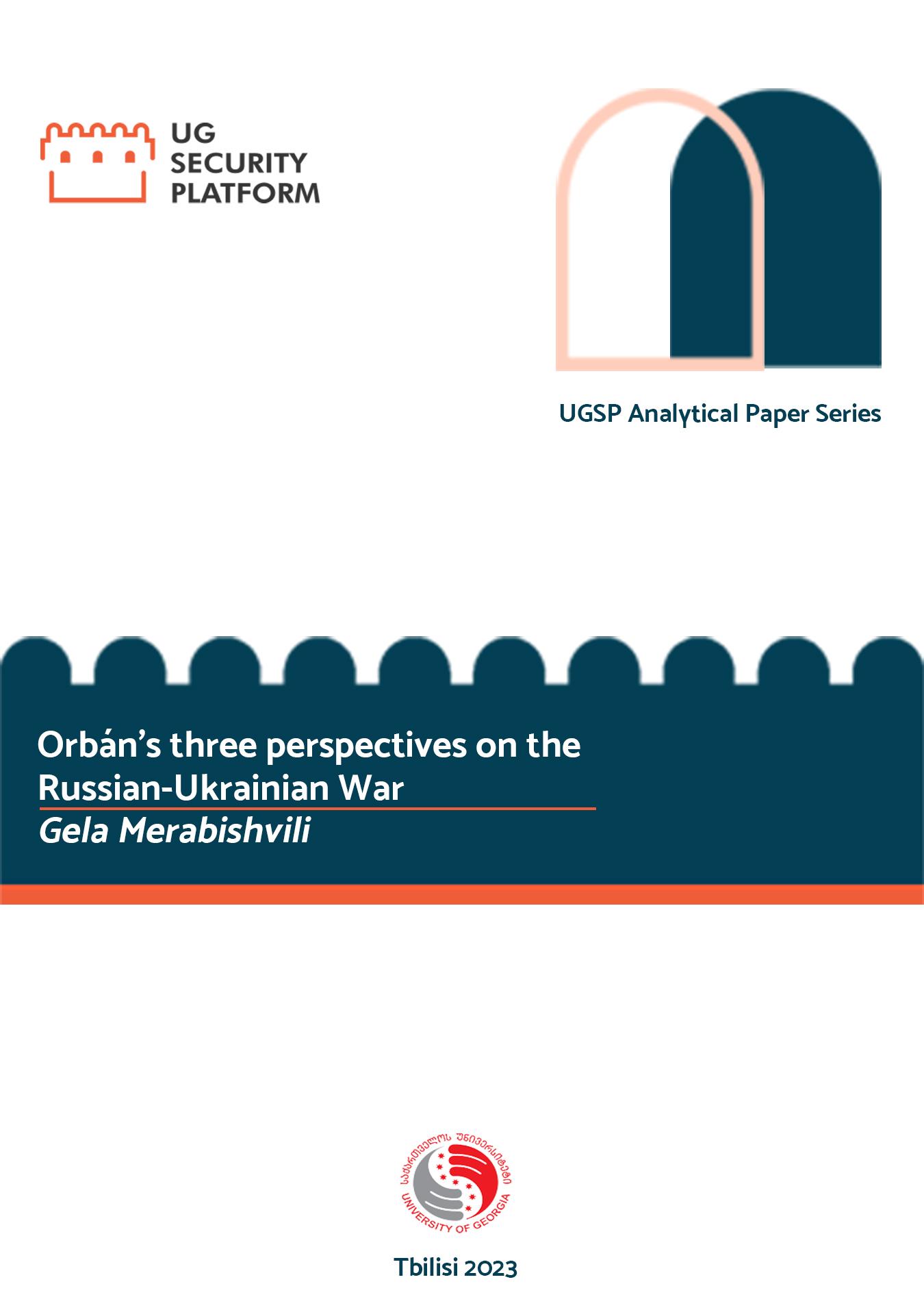
Orbán’s three perspectives on the Russian-Ukrainian War
Executive Summary
Hungary stands out from other Eastern and Central European states in the context of the Russian-Ukrainian War. While Poland, Slovakia and the Czech Republic have provided plenty of political and military support to Ukraine and significantly reduced economic ties with Russia, Hungary’s Fidesz-led government has tried to maintain trade and diplomacy with Moscow while showing only tepid solidarity with Ukraine. This article explains the reasons behind Hungary’s particular position by analyzing Prime Minister Viktor Orbán’s discourse.
By categorizing Orbán’s discourse into local, national and global geographical scales, the article identifies three main factors shaping the Hungarian response to the war:
1. The distrust between Hungary and Ukraine derives from the several years of politicization of the Hungarian transborder community in Ukraine’s westernmost region of Transcarpathia.
2. Hungary’s reliance on the Russian oil and gas led to Orbán’s decision to stick with Russia as an economic partner. Simultaneously, the April 2022 election period encouraged his populist narrative, prioritising Hungary’s economic needs over solidarity with Ukraine.
3. Orbán’s long-existing geopolitical vision of a multipolar world led him to view the Russian-Ukrainian War as a materialization of the great power rivalry between the US and Russia, where each seeks to expand its zone of influence. This geopolitical view then justifies Hungary’s neutral role. Orbán reframes Hungary’s neutrality in the discourse of peace versus war, whereby Hungary represents an “island of peace” and himself – a promoter of peace. At the same time, the great powers and their local proxies are only interested in continuing the war.
Revaz Chkheidze
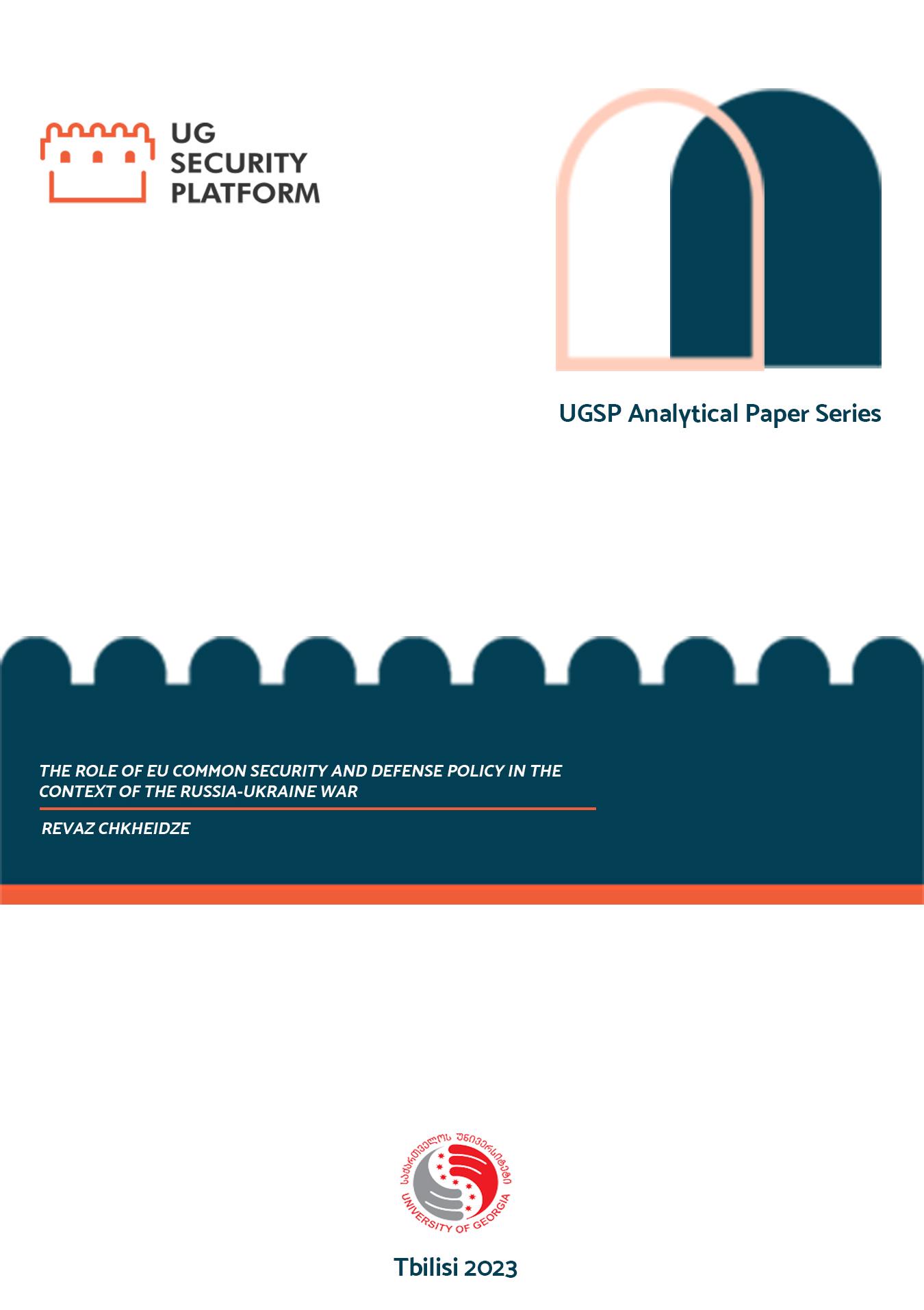
The Role of EU Common Security and Defense Policy in the Context of the Russia-Ukraine War
Executive Summary
Over the years, the EU's Common Security and Defense Policy (CSDP) has evolved with challenges. At the same time, the scope of CSDP was gradually expanding, which required closer work with partners. New challenges were reflected in the EU Global Security Strategy adopted in 2016, which further highlighted the issue of the EU's strategic autonomy in the international arena.
In the wake of other fundamental documents, in 2022 the European Union developed a "Strategic Compass", which was given additional burdens by the Russia-Ukraine war. In fact, for the first time, it clearly defines the measures of the future defense and security policy of the European Union. The European Peace Facility (EPF) was established as another important, but this time, financial mechanism for the implementation of the security and defense policy, which is actively used in the context of the aid allocated to Ukraine by the European Union.
The involvement of third countries in the common foreign and security policy of the European Union is supported by the relevant mechanisms, which also underwent a considerable evolution, which was accelerated by the process of adequately re-evaluating the international relations situation on the part of the European Union.
As a result of Russia's full-scale military intervention in Ukraine in February 2022, the EU completely changed its approaches and cautious attitude in terms of assistance to the military component of Ukraine, which was caused by Russia's rude and brazen crossing of red lines in international relations that existed even before the war.
Since the beginning of the Russia-Ukraine war, the financial aid allocated by the European Union to Ukraine for military purposes amounted to 3.1 billion euros, in addition to bilateral aid. Along with this, the Military Assistance Mission for Ukraine (EUMAM) was launched, within the framework of which up to 15,000 soldiers of the Armed Forces of Ukraine will be trained mainly in Poland, as well as in Germany. Overall, it is the first time, the EU directly provides military aid to a third country.
Megi Benia
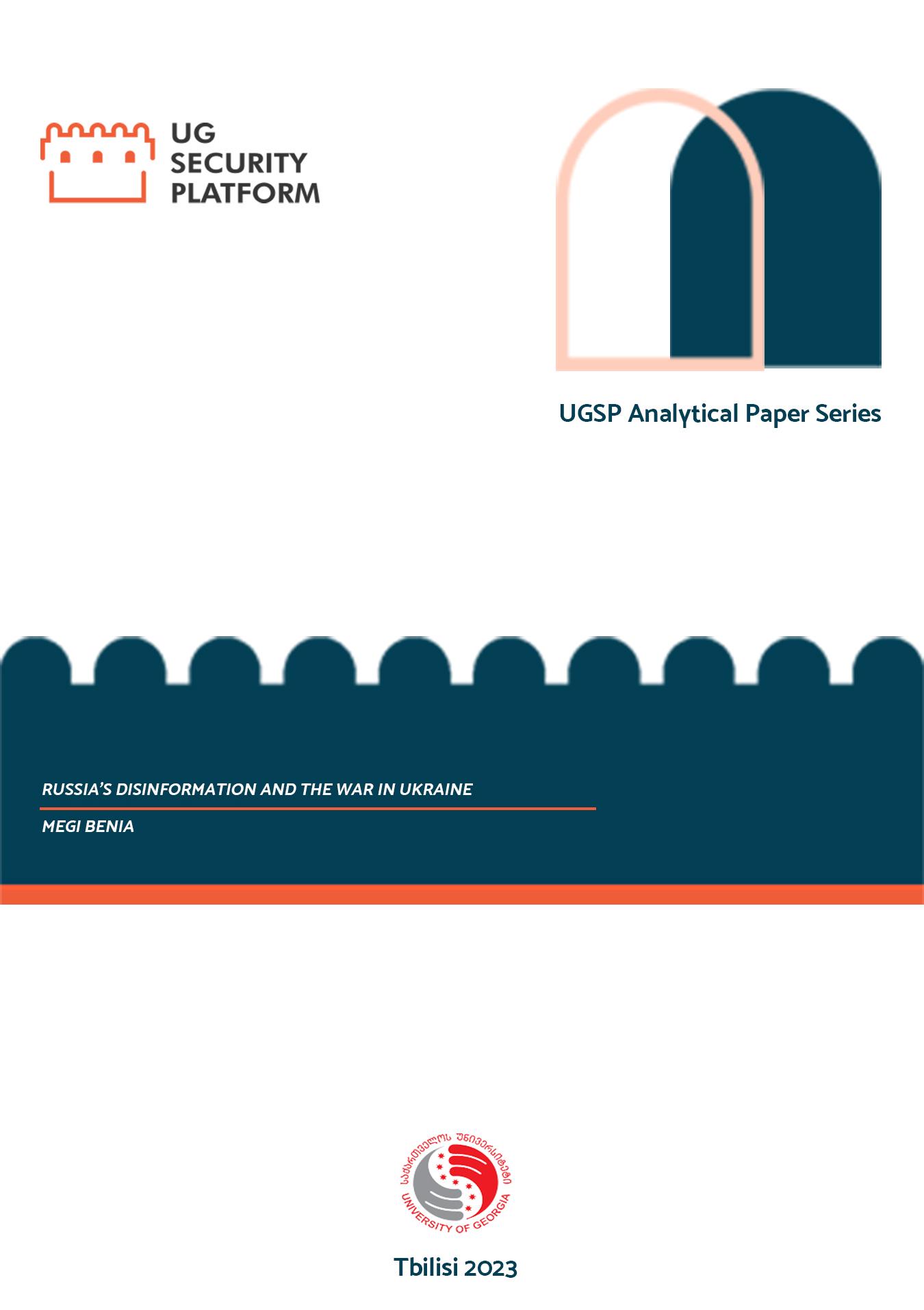
Russia’s Disinformation and the War in Ukraine
Megi Benia
Executive Summary
Russia’s war of aggression against Ukraine has proven unsuccessful in many unexpected directions and the disinformation campaign with the aim of spreading the false narratives about its military engagement in Ukraine is among them. A general overview of respective events and moves has shown that Russia has been forced to adjust its approach on disinformation and increase its focus on the domestic audience. The article aims to demonstrate that in these efforts, Russia tries:
1. To justify its so-called “special military operation” by claiming to seek liberation of the brotherly Ukrainian people from forcefully installed neo-Nazi regime in Kyiv;
2. To apply the policy of deniability to the crimes it has committed on the territory of Ukraine.
At the international level, Russia attempts:
1. To portray Ukraine as a West-supported aggressor by using the traditional playbook of illegal development of Weapons of Mass Destruction (WMD) on the territories of the former Soviet Union;
2. To distract Western societies’ support for weapons supply to Ukraine by warning of nuclear use;
3. To prevent the full international isolation by targeting the countries in Africa, the Middle East and Latin America to get their support at the different international fora.
After providing specific facts that support the existence of these patterns, the article tries to explain the reasons behind Russia’s changed behaviours and claims that it was caused by:
1. The unexpected failure on the battlefield in Ukraine;
2. The development of the Open Source Intelligence (OSINT):
3. The fear of complete international isolation.
Vasil Glonti
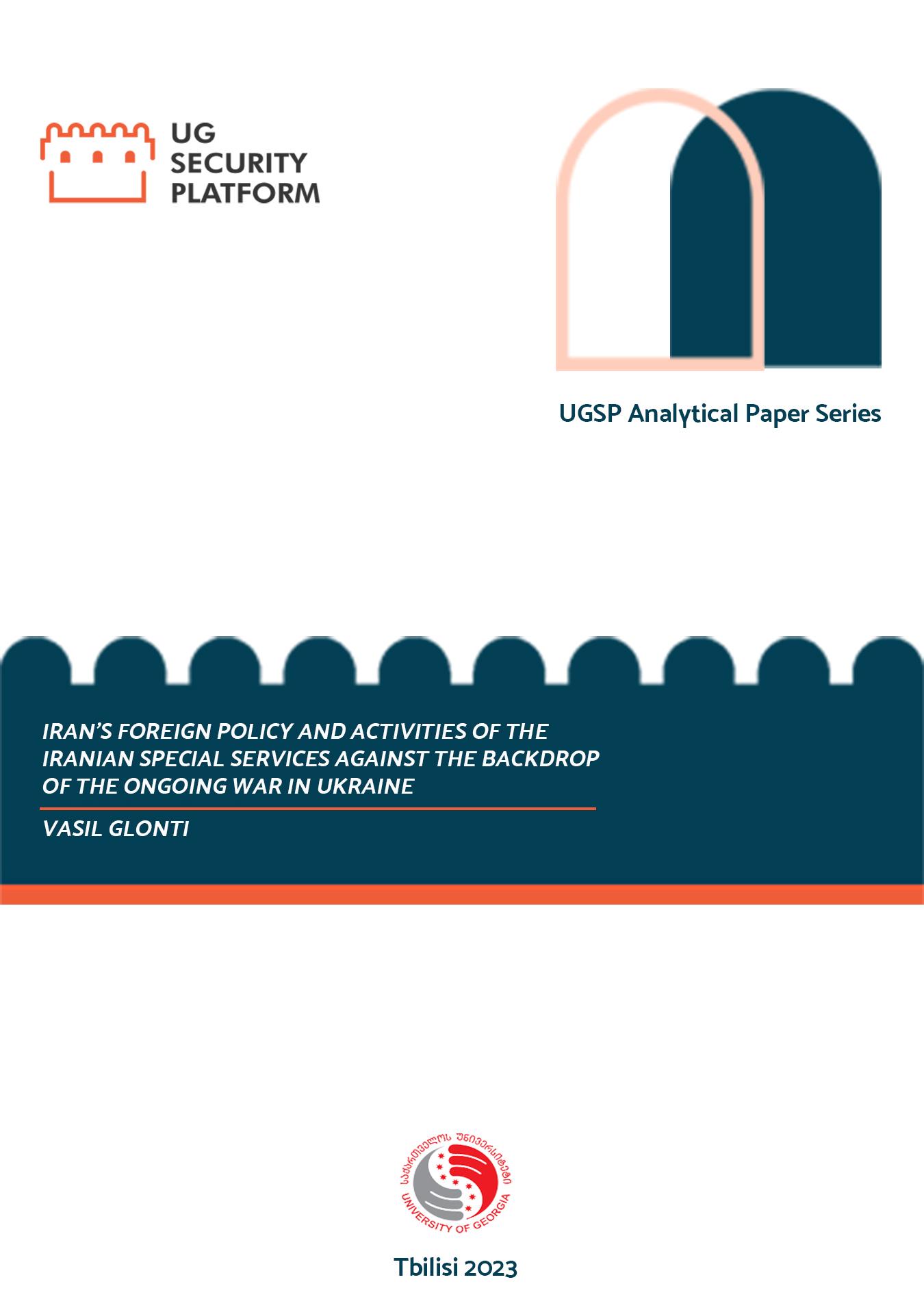
Executive Summary
After the start of the Russia-Ukraine war, Iran became very active in the foreign political arena. The political and military elite of this country considered that the mentioned conflict would change the geopolitical configuration of the world, so Iran would need strategic visions and an action plan adapted to the new reality. In its foreign policy, the regime of the Iranian Mullahs identified as the main priorities: activation and expansion of cooperation with Russia, especially in the military-industrial, economic and banking-financial fields; further development of Iran's nuclear program; arranging relations with the countries of the Middle East region and giving priority to the regional security format; strengthening political-economic and military expansion in Syria, Yemen, Iraq and Lebanon; deepening of confrontation with the USA and Israel in the Middle East and different regions of the world; pursuing an aggressive policy towards Azerbaijan and neutralizing the influence of Israel; expansion of strategic relations with Armenia;
